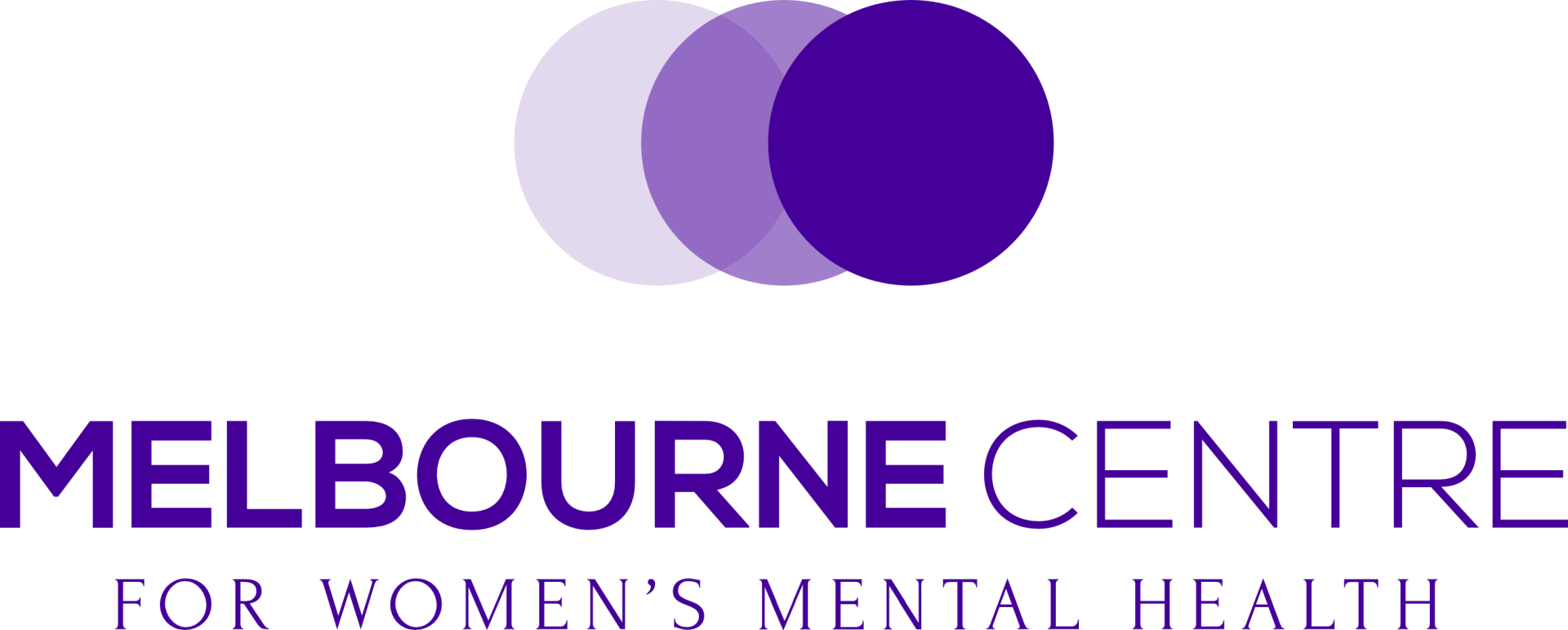The link between Diet and Depression
What we eat matters for all aspects of health, especially our mental health.
Diets high in fruit, vegetables, whole grain, fish, olive oil, dairy and antioxidants and low intakes of animal foods are associated with a decreased risk of depression. Conversely, diets high in red and/or processed meat, refined grains, sweets, foods high in saturated fats and low in fruits and vegetables are associated with an increased risk of depression.
It’s all about the microbes in our gut (our microbiome).
Our gut microbiome is responsible for multiple functions in bowel movement, digestion of food, and absorption of nutrients. Our brain and gut work together and affect each other's functions which can impact stress, anxiety, depression, and cognition. Our gut microbiota is directly affected by what we eat, because our microbes eat what we eat. The microbes break our food down into compounds that modify immune cells and help make neurotransmitter like serotonin. When out of balance the result is poor health status and poor effect on our mental health.
Evidence that supports a nourishing high fibre diet is overwhelming. What you eat can help prevent cardiovascular disease, cancer, dementia, and mental health disorders, including depression.
Diet is a very important part of self-care in therapy for depression.
Good self-care means getting a good night’s sleep, engaging in enjoyable physical activity, spending time in nature (green is the only colour that promotes neurogenesis) and eating a nourishing diet.
Tips...
Eat regular meals- Eating regular meals can help your brain work at its best. Unlike other organs, your brain relies on a steady supply of glucose as its primary fuel. This comes mostly from starchy carbohydrates. Aim to include these at meals and snacks to keep your mood at its best.
Get the right balance of fats- Our brains are made of around 50 per cent fat, mostly Omega 3, you need a good supply of the good fats to keep your brain healthy.
Try to keep a moderate intake of unsaturated fats in your diet, to ensure your brain is well nourished. Olive oil or rapeseed oil are great for cooking. Add nuts and seeds, and use olive or nut oil dressings on salads.
Include oily fish, at least two portions per week, the omega-3 oils found in oily fish may also help with depression. The best sources are salmon, mackerel, herring, sardines, pilchards and trout. For vegetarians and vegans use Linseed/Flaxseed oil.
Avoid trans-fats as these seem to be harmful to brain structure and function (as well as heart health). Trans fats are found in processed and packaged foods, such as processed meats, ready meals, pre-packed cakes and biscuits. Instead, try to cook from scratch and use fresh foods whenever you can.
Choose more wholegrains, fruit and vegetable foods- Wholegrain cereals, peas, beans, lentils, nuts, seeds, fruits and vegetables are rich in a range of vitamins and minerals that your body needs to function well. They also digest slowly, helping to provide a slow and steady glucose supply to your brain and body.
These foods are also rich in B vitamins (including folate) and zinc. These nutrients are important in managing depression. Try to eat at least six different vegetables and two different fruits each day to get a range of vitamins, minerals and antioxidants.
Include some protein at every meal- Protein contains Tryptophan, consuming it may help with depression. Good sources include fish, poultry, eggs and game, but some green leafy vegetables (such as spinach), legumes and seeds are also a source.
Eat mindfully- Slow down, eat at the table, use a knife and fork, don’t eat out of packets, no TV or computers while eating.
Everyday tips
Start the day with breakfast, include wholegrain cereal with milk and fruit, multigrain toast with a poached egg, or fruit with yoghurt. Include some carbohydrates such as boiled potatoes, rice, pasta, and grainy or breads at lunch and dinner. If you are short of time, then go for a sandwich or jacket potato (filled with fish or cheese and salad) or even a bowl of cereal and some fruit. Between meals include snacks such as fruit, vegetables, nuts, yoghurts, and oatcakes or crackers with cheese, meat or fish.
What to drink?- Even slight dehydration may affect your mood. A healthy brain contains up to 78 per cent water so it makes sense to drink plenty. Aim for around six to eight glasses (about 1.5 - 2 litres) fluid per day.
Caffeine can affect your mood. It can also lead to withdrawal headaches and to low or irritable mood when the effects wear off. Caffeinated drinks, such as coffee, cola, energy drinks, tea and chocolate, should be limited. Other non-caffeinated drinks, such as fruit squash, lemonade or herbal teas are good alternatives.
Drinking too much alcohol can cause dehydration and can lead to B vitamin deficiencies, which may make you more depressed or anxious. Limit your intake to no more than two to three drinks on no more than five days per week. Remember that alcohol itself is a depressant and may contribute towards depression.




